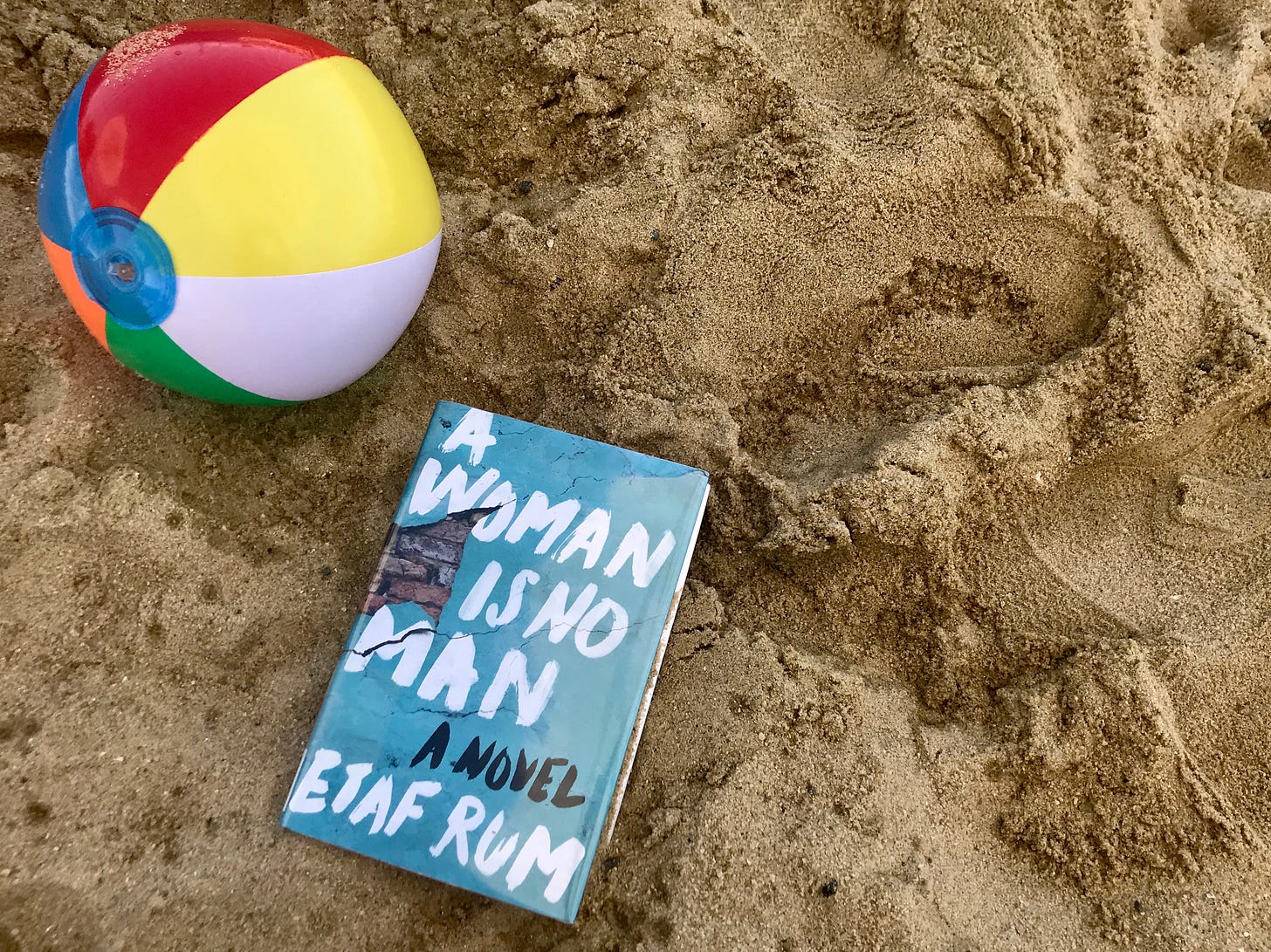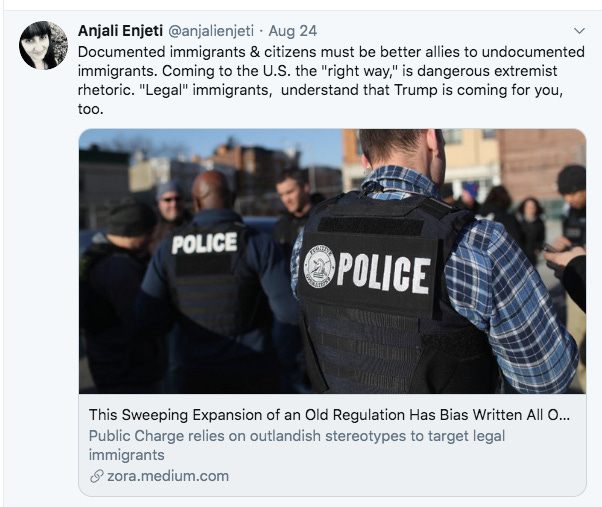Immigrant Strong: Fifth Issue
An NYT bestseller, my Washington Post essay and writing on food & Korean identity
Book Recommendation
Etaf Rum is a daughter of Palestinian immigrants who was born and raised in Brooklyn. Her debut novel, A Woman Is No Man, a New York Times Bestseller, is a gripping tale about three generations of Arab-American women that confronts issues such as immigration, cultural and gender norms, domestic violence, and silence and secrets. It’s a page-turner that left me full of so many emotions and questions. I’ve read a few interviews with the author to learn about the challenges she faced writing the novel and the fears she had about portraying Arab-Americans. A couple of my favorites are in the Los Angeles Review of Books and LitHub.

Essays and Interview
I wrote about the cultural differences I face as a Croatian parent in the U.S. for the Washington Post, Waivers, rules, regulations: What it’s like parenting between two cultural extremes. I just got back from Croatia so here are photos of some of the places I mention in the essay. This is the dock my sisters and I would jump from:

You can see the railing I mention in the first photo, and here is another example:

And a couple more pictures to give you a sense about the beauty of the Adriatic Sea and Croatia’s coastline:


I'll keep dealing with my post-vacation blues, but in the meantime, here are a few more links.
An interview for Catapult by Noah Cho, Japanese Breakfast, a.k.a. Michelle Zauner, Talks with Noah Cho About Food, Family, and Grief.
“My first step toward acceptance came from cooking—I am not fluent in Korean as a language, but I am fluent in cooking the food.”
A Zora (Medium publication) piece by Kimberly Lawson, My Korean Mother Doesn’t Understand My American Success.
“ In her book, Chung points out that American-born children of immigrants often experience “personal conflicts between their immigrant parents’ expectations and their need for self-actualization.” ”
An interesting perspective in this Atlantic piece by Juliet Lapidos, The Day I Learned I Was American.
“My family and I could code-switch identities the way some people switch accents; sometimes we were immigrants, sometimes we were hyphenated Americans, sometimes we were Americans, full stop.”
And a beautiful Longreads essay by Melissa Hung, Towards Chinatown.
“I speak the language and I don’t. My pronunciation is decent, but my vocabulary is stunted. Some words come easily. Others I grasp for. They exist just beyond my reach the way the details of a dream tease the waking mind.”
As a former ESL student, I related to many things in this piece and thought this was an important point: “There is never any discussion about bilingualism, how to learn and hold two languages equally at once.”
Twitter Follow Recommendation
Anjali Enjeti is a writer, teacher and political columnist for Zora (a new Medium publication for and by women of color) who often covers topics like identity, immigration and social justice. I still remember reading her powerful Longreads essay from a couple of years ago, Drinking Chai to Savannah: Reflections on Identity, Inclusion and Power in the South. She also advocates on critical issues such as voting rights, a topic that often makes it into her Twitter feed.


Event
If you are in New York on Sept. 4, check out this fundraiser, Writers for Migrant Justice, or donate online if you can. I couldn’t agree more with this:
“With escalating hostility and violence directed toward migrants, we share the conviction that writers, artists, and culture workers have a responsibility to support vital work that is already underway, and to envision new kinds of collective action as well.”
Thanks for reading,
Vesna

